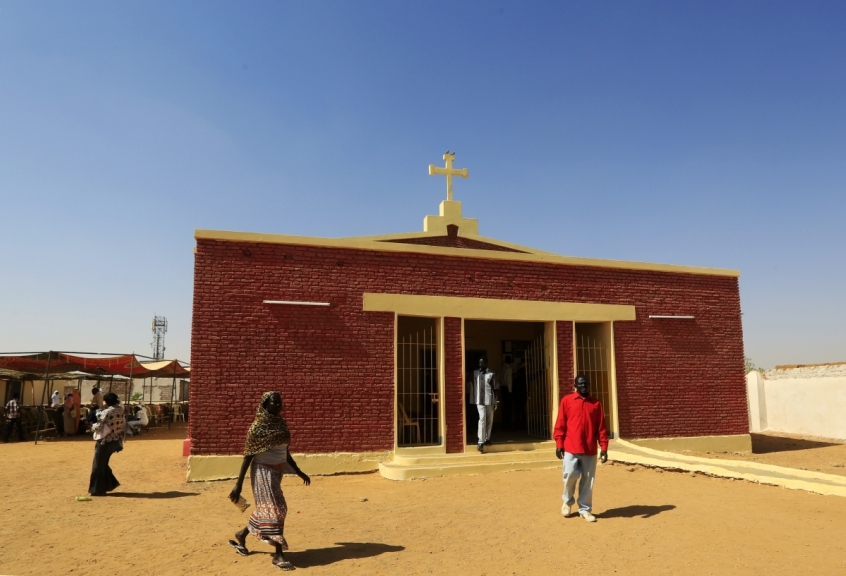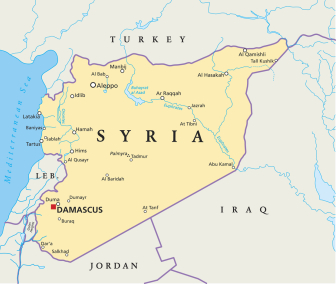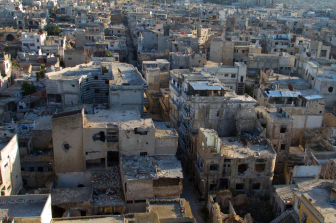New criminal charges have been brought against four members of one of Sudan's largest Protestant denominations, while 36 other Christians will appear next week on unspecified charges.
Azhari Tambra, Mina Mata, George Adem and Kodi Abdulraheem were charged with 'causing physical harm to police and supporters of a Muslim businessman' on April 11, according to World Watch Monitor. The charge relates to events that took place when police and an armed mob attacked the premises of their church, Bahri Evangelical Church, in April 2017. They are due to face their next hearing on April 23.
The church compound belongs to the Sudan Presbyterian Evangelical Church (SPEC), which for several years has been in conflict with the Sudanese government over the state's attempt to confiscate or sell off church land.

Charges were dropped, however, against SPEC members Yahaya Abdulraheem, Zakaria Ismail, Idris Harris, Paulos Tutu and Salim Hassan, due to lack of evidence. Thirty-six other Christians are set to appear in court on April 26, on charges currently unknown.
Tension between the Sudanese government and SPEC began in 2012, when the government reinstated the chair of the SPEC's Evangelical Community Council, who had previously been dismissed for fraud. After complaining of his removal to the state, Hamad Muhammad Salah was reinstated to the role of council chair despite the government lacking the authority to make such a move.
Since then, Salah is alleged to have been selling church property, which the Evangelical Community Council is responsible for, to businessmen with government affiliations. Churches belonging to the Sudanese Church of Christ (SCOC) have also been confiscated or destroyed. Church members who peacefully protested them have found themselves imprisoned and physically assaulted by authorities. SPEC resistance to the forcible takeover of one of its school properties last year resulted in the stabbing to death of church elder Younan Abdallah, according to Middle East Concern.
Alongside state demolition or confiscation of church buildings, the building of new churches in the majority-Muslim country has also been banned, while church leaders frequently face harassment, detention and persecution. In a report for Christian Today, author Rebecca Tinsley has described Christians in the country as facing 'ethnic cleansing' and 'systematic bombardment' by their government.
Sudan became increasingly authoritarian following the secession of South Sudan in 2011, with Sudan's President Omar al-Bashir promising a stricter form of sharia law across the country. In February seven church leaders were fined for 'objection to the authorities', in another conflict over the state confiscation of churches.







